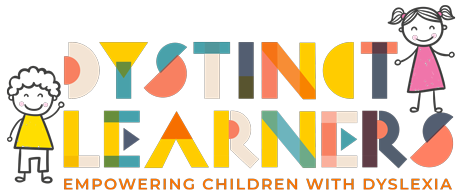Diagnosing Dyslexia
Early Identification
Signs in Preschool and Early School Years
Early identification of dyslexia is crucial for timely intervention. Here are some signs to watch for in preschool and early school-aged children:
Preschool Signs
- Delayed speech development compared to peers
- Difficulty learning nursery rhymes or playing rhyming games
- Trouble recognizing letters and learning the alphabet
- Difficulty pronouncing words (e.g., saying ‘pasghetti’ for ‘spaghetti’)
- Persistent baby talk
Early School Years (Kindergarten to Grade 2)
- Difficulty learning to read
- Problems with phonemic awareness (difficulty hearing and manipulating sounds in words)
- Trouble with learning and remembering sight words
- Slow reading progress
- Difficulty with spelling and writing
Assessment and Testing
How Dyslexia is Diagnosed
Diagnosing dyslexia involves a comprehensive evaluation that assesses various aspects of a child’s reading and language abilities. The process typically includes:
- Initial Screening: Teachers or parents may notice early signs and refer the child for further evaluation.
- Comprehensive Evaluation: Conducted by a qualified professional, this assessment includes a variety of tests and questionnaires.
Types of Assessments
Several assessments are used to diagnose dyslexia, including:
- Phonological Awareness Tests: Assess the ability to hear and manipulate sounds in words.
- Word Recognition Tests: Measure the ability to recognize words quickly and accurately.
- Reading Fluency Tests: Evaluate the speed and accuracy of reading connected text.
- Spelling Tests: Assess the ability to spell words correctly.
- Writing Tests: Look at the ability to construct written language.
- Memory Tests: Evaluate short-term and working memory related to language processing.
- Listening Comprehension Tests: Assess understanding of spoken language.
Professional Diagnosticians
Who Can Diagnose Dyslexia?
Several professionals are qualified to diagnose dyslexia, including:
Educational Psychologists
Specialists in learning and behavior who can conduct a range of tests to identify dyslexia.
Neuropsychologists
Experts in brain-behavior relationships who can assess cognitive functions and diagnose dyslexia.
Specialized Teachers
Some teachers with specific training in dyslexia and special education can also perform assessments.
Speech-Language Pathologists
Professionals who can assess and treat speech and language issues that may be related to dyslexia.
Pediatric Neurologists
Medical doctors specializing in children’s nervous system disorders who can provide a comprehensive diagnosis.
Early identification and diagnosis of dyslexia are critical for providing effective support and intervention. Understanding the signs, knowing what assessments are involved, and consulting with qualified professionals can help parents and educators ensure that children with dyslexia receive the help they need to succeed academically and personally.
